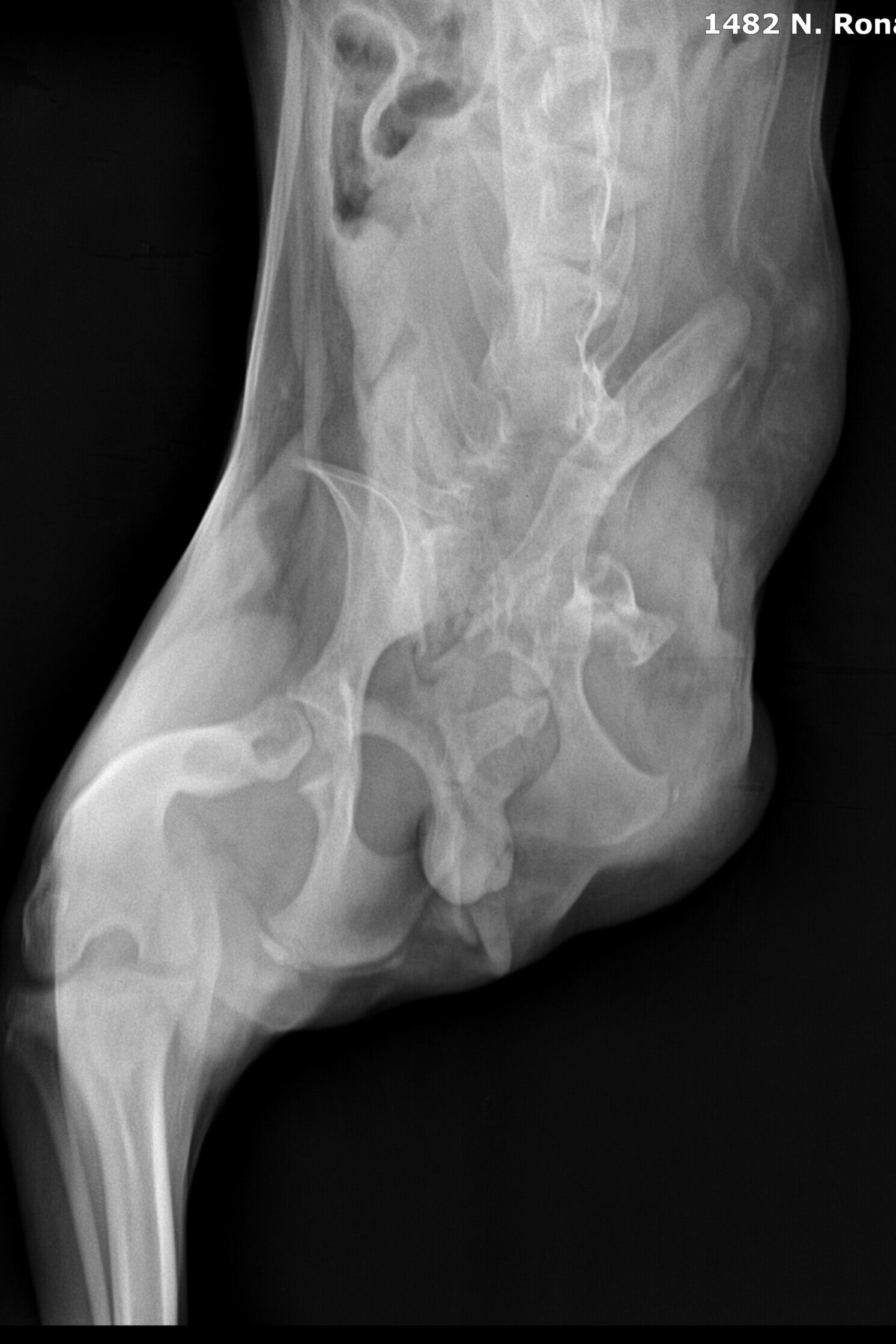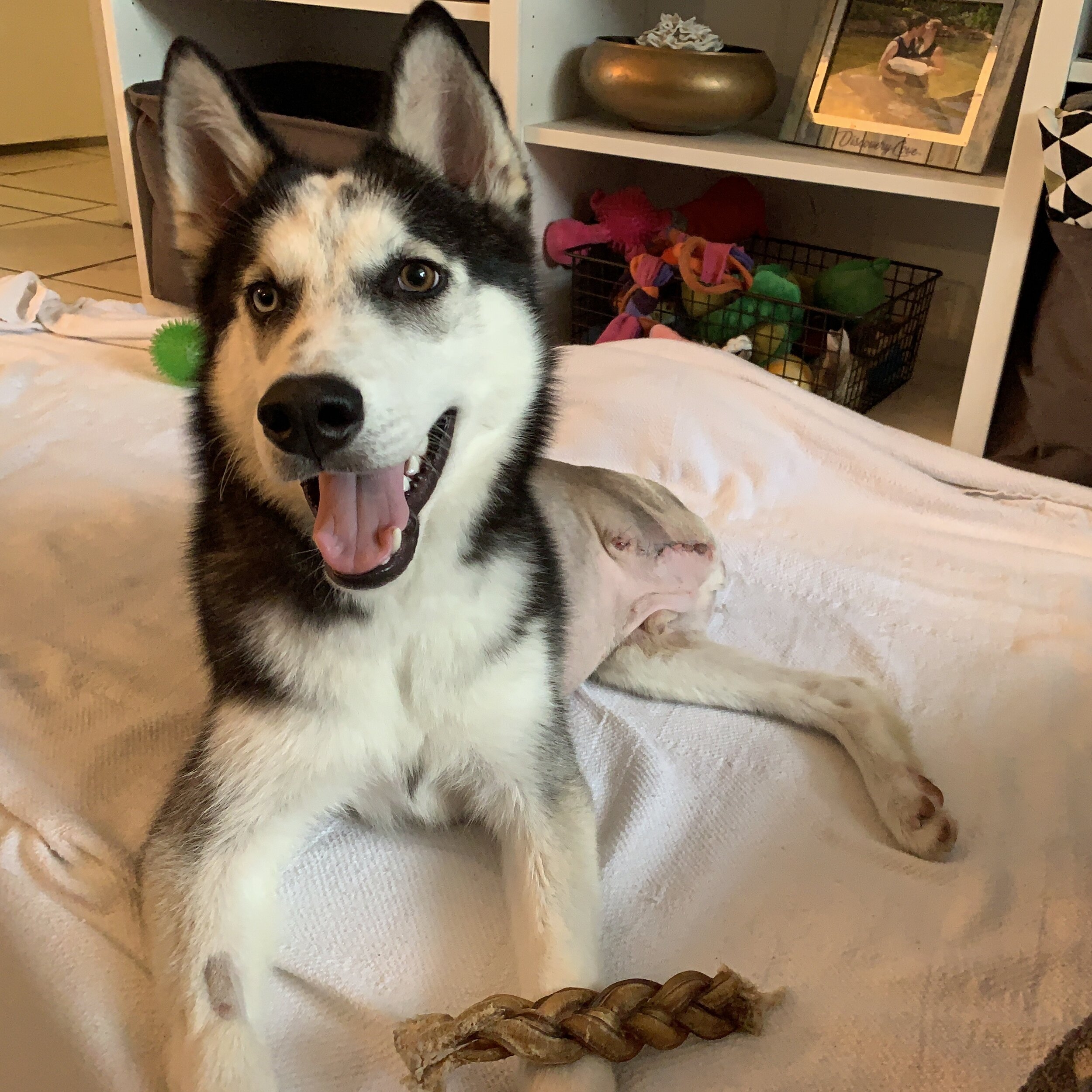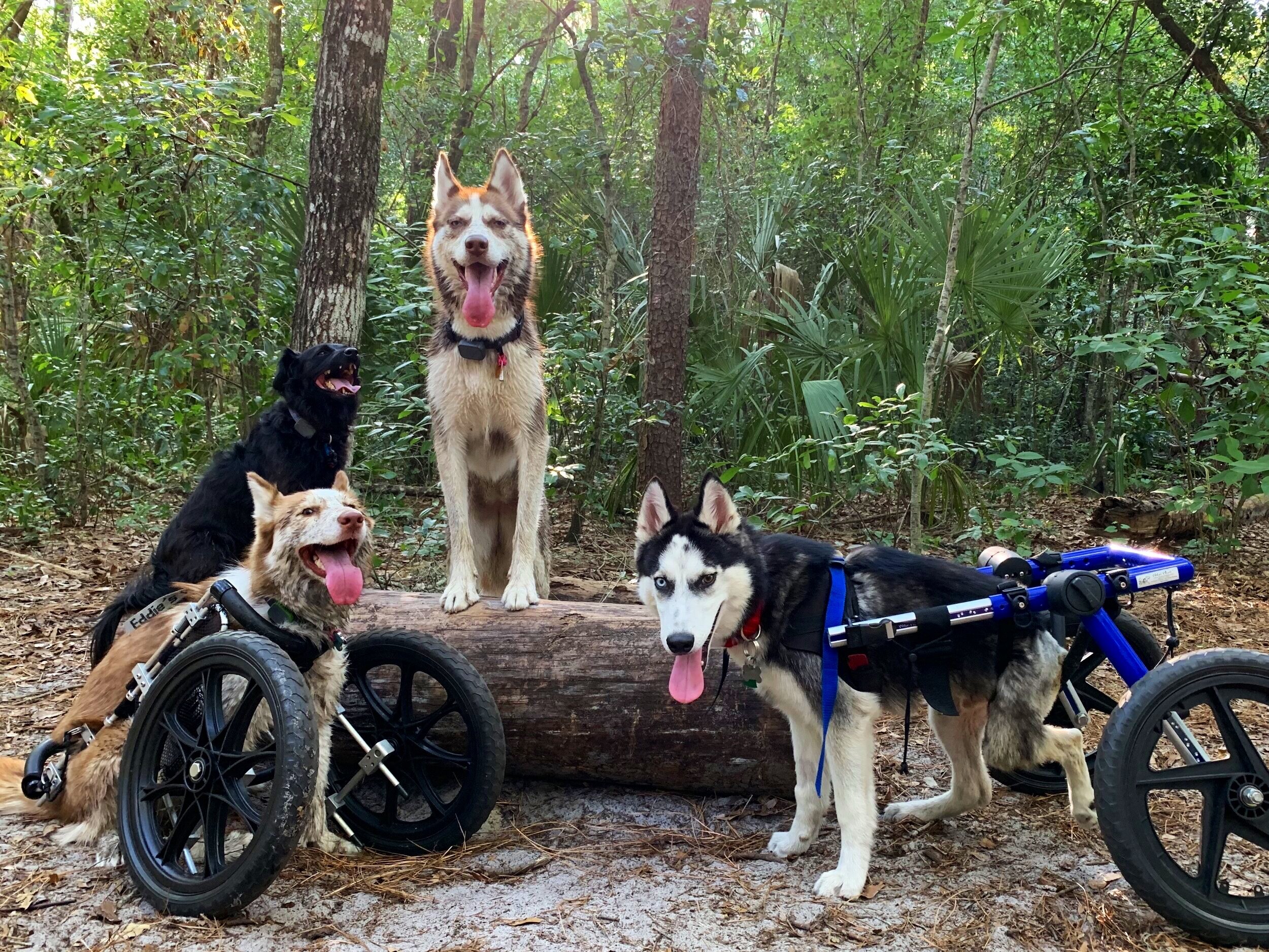Never Judge a Dog by it's Vet Records
— The Broken Oreo Philosophy —
If I were to hand you the substantial stack of papers that are Dallas’s medical records, you may be intimidated. If I were to ask you to read those records, you may feel concern and pity. And if that is all you knew about Dallas, then you would be staggeringly unprepared for what greeted you when you met him.
Dogs teach us a multitude of life lessons, I’m not the first to point this out, but I am in the minority of people who actually pay close enough attention to pick out the fleeting moments that teach the most important lessons.
One day, while on the phone with the ER vet, a moment in the conversation arose where she spoke about the review and discussion her and her colleagues had about Dallas. Before the team of doctors met him, they had reviewed his medical records and made their first assumptions based on the written and recorded worst parts of Dallas’s life.
“On paper,” she began, “Dallas seems like he hasn’t had the best life.”
Before we go on, let me summarize what you’ll discover if you looked at the “on paper” version of Dallas. This way you’ll have a better understanding as to what the doctors first knew about Dallas and what she meant by “hasn’t had the best life.”
On paper, Dallas is a puppy, riddled with congenital deformities, severely limited mobility (some would say semi-paralyzed), plagued with bladder issues including abnormal growths, constant sediment and crystallization, and UTI’s. You’d see a significant list of amputations of numerous body parts, the mysterious absence of one kidney and subsequent enlargement of the other. He is likely permanently urinary and fecal incontinent with unknown origins, and has abnormal anatomy due to probable trauma.
When she continued though, it was the same thing we’ve heard time and time again. She said, “But when you meet him, he’s just the happiest dog.”
“He’s just the happiest dog”
That’s all. Two sentences. Maybe seven total seconds of speech. It was immediately obvious to me, and probably to her, what had happened in their meeting. Both her, and her colleagues had fallen prey to the oldest lapse in judgment of all time.
As the old saying goes, “never judge a book by it’s cover.” I know, everyone’s heard it a billion times. An oldie but a goodie.
Dallas and his situation perfectly embody everything about that old line.
He has suffered who knows what trauma, he has lost countless body parts as his body failed him over and over; yet, when you meet him, you look into the eyes of a handsome young Husky and sense nothing but joy. He’s always smiling and has the loudest, goofiest voice. We like to joke that he’s got the charisma of an old-timey cartoon character.
The same goes for Maple. She suffered neglect and abandonment and her list of congenital defects is long; but when you meet her, you immediately see that pure elation and happiness flow from her every hair follicle. I’m sure the same rings true with the hundreds and thousands of dogs who suffered in the past and found themselves lucky enough to find better humans.
It’s not just vets either! When you care for a dog with disabilities, it’s pretty easy to get caught up in all the “wrong.” Everyone you meet asks what’s “wrong,” vets only want to know about new or persistent issues, people will give your dog more attention because they are different. But when you live with one of these dogs, you quickly start seeing past their disabilities and you enjoy day to day life with them. So when there’s not great news, that’s when I suddenly remember to take to social media to inform his friends. To onlookers, it begins to look like there is more bad than good. We record the bad and experience the good. I have been trying to talk about the good AND the bad, but it’s a difficult dance. While I feel it is important that people know what caring for a dog with disabilities entails, it’s also important that people know that a dog’s disabilities don’t define them. Dallas and Maple don’t wallow in self pity. They are active and happy and stubborn and vivacious. They have unique personalities and are living fulfilling lives despite their medical issues.







